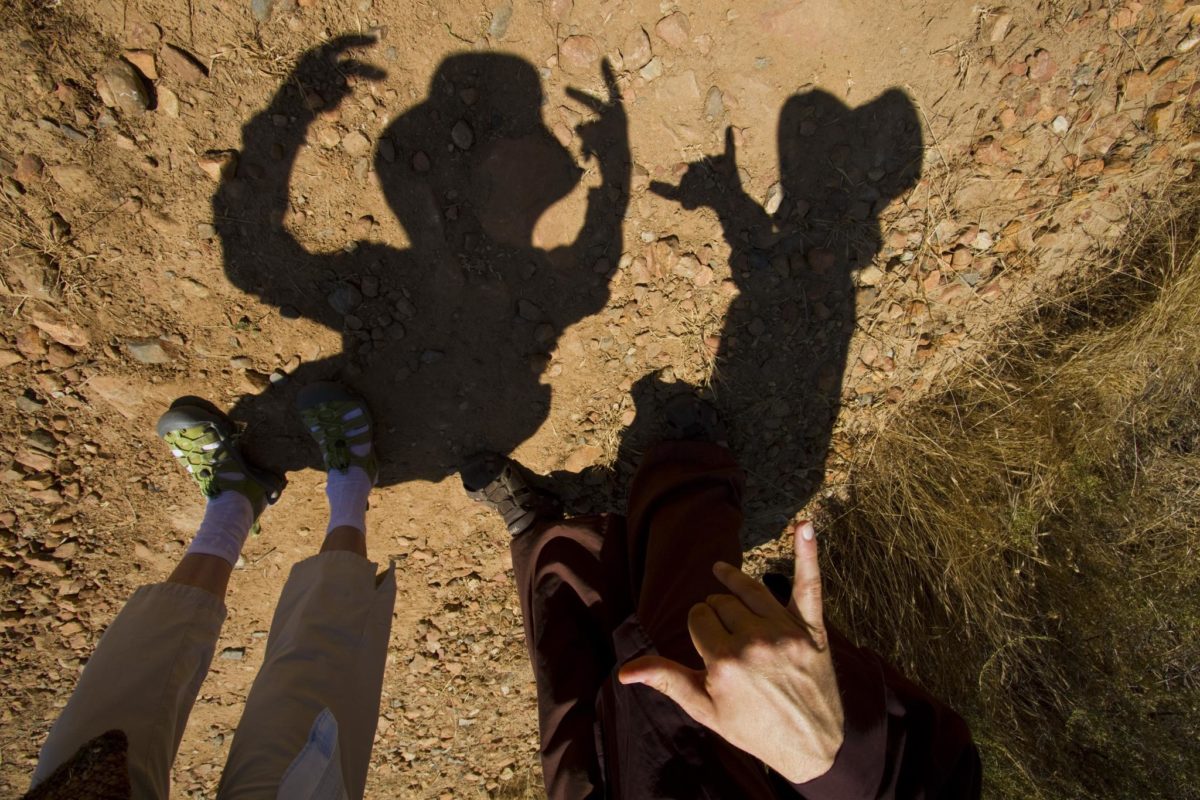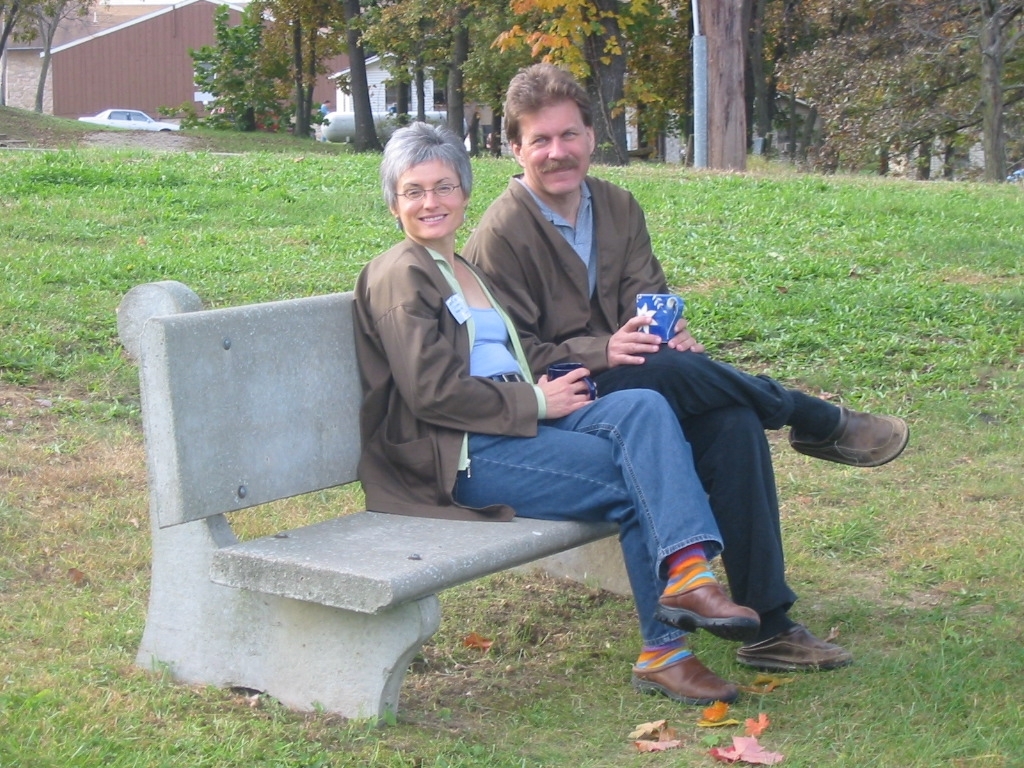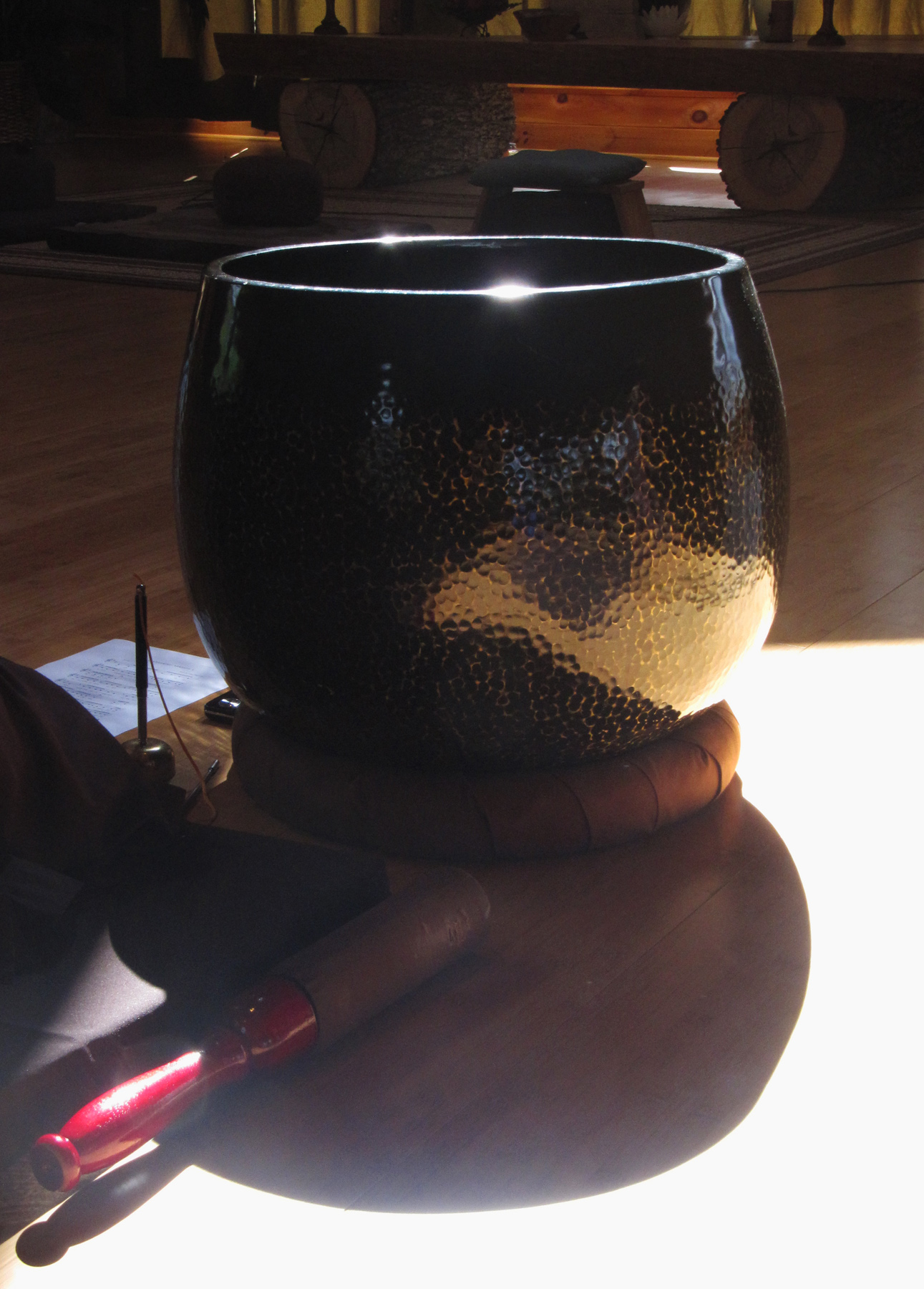By Bethany Klug

Uncertain economic times can bring up difficult emotions and challenge our practice. Mindfulness practice can decrease our stress and help us see opportunities that we might otherwise miss. Here are a few tips to keep our practice on track.
Dwell in the present moment. Certainty is a notion that causes suffering, as all things—even human-made things like companies,
By Bethany Klug

Uncertain economic times can bring up difficult emotions and challenge our practice. Mindfulness practice can decrease our stress and help us see opportunities that we might otherwise miss. Here are a few tips to keep our practice on track.
Dwell in the present moment. Certainty is a notion that causes suffering, as all things—even human-made things like companies, stock markets, and jobs—are born, change form, and die. This is impermanence. Dwelling in the present moment increases our awareness of how things change, and lessens our surprise or shock when they do.
Let go of external definitions. We suffer when we define ourselves by our job or possessions. If we lose them, we feel worthless. Identifying with our job or possessions prevents us from being happy and free. Letting go of external definitions of ourselves and enjoying the fullness of the present moment, we can lose our job, possessions, and even everything we cherish, and still be happy and free.
Nourish peace and joy. Often, letting go means confronting difficult feelings and perceptions. We must be sure to nourish our peace and joy to avoid feeling overwhelmed. This could be as simple as appreciating birdsong in the morning or fireflies at night. How is it possible to enjoy anything in difficult times? The Buddha taught that the mind is a field of seeds where wholesome and unwholesome states exist side by side. We make unwholesome seeds stronger by giving them the wrong kind of attention, such as obsessing or worrying over them. Tough emotions invade our consciousness like a pop-up window on a website. By returning our attention to our breath and a more neutral feeling—such as the freshness of the morning—we can close the pop-up window and shift to a more wholesome mind state. Once we feel stronger, we may consciously re-open the pop-up and look more deeply into the feelings that arise from it.
Empower yourself. We may feel powerless amidst the news of plants closing, the Gulf oil spill, and home foreclosures, unless we recognize that the economy is a manifestation of our collective mind. Since our thoughts and actions create our economy, they can change it for the better. This is empowering. Each of us can pick an area of the economy we’d like to improve and change our relationship to it. For instance, I don’t like the impact of industrial agriculture on our health or the planet’s, so I buy my food from local organic farmers and grow a garden. Last year I built a root cellar, stocked it with squash and root vegetables, fermented vegetables, and canned using low temperature methods. I didn’t need to shop for vegetables until March.
Looking deeply into the Fifth Mindfulness Training, mindful consumption, helps us see ways to create a more equitable and sustainable economy. We have the power and the responsibility to change our situation. If we don’t, who will?
Be sure to practice! When life gets stressful, it’s easy to resonate with that stress and do things that make it worse. Instead of taking a mindful walk after dinner or attending a Sangha gathering, we might watch bad economic news on TV, becoming so consumed in fear and anxiety that we miss that fact that we’ve eaten a bag of chips or cookies—leaving us more depressed and five pounds heavier! With deep intention and awareness we can turn off the TV or other source of bad news, and do what nourishes our happiness, peace, and joy.
Many years ago, my teacher, Brother Chan Huy, suggested the profoundly beneficial practice of reciting the wake-up gatha each morning upon rising and the gatha on impermanence before going to sleep. The wake-up gatha helps us touch joy and affirms our aspiration to live in an awakened way before our feet even touch the ground. The gatha on impermanence reminds us that another day has passed, and encourages us to reflect on our practice “so that life does not drift away without meaning.”
Wake-up Gatha
Waking up this morning, I smile.
Twenty-four brand new hours are before me.
I vow to live fully in each moment
and to look at all beings with the eyes of compassion.
Gatha on Impermanence
The day is now ended.
Our lives are shorter.
Let us look carefully,
What have we done?
Noble Sangha, with all of our heart,
Let us be diligent,
Engaging in the practice.
Let us live deeply,
Free from our afflictions,
Aware of impermanence,
So that life does not drift away without meaning.

Bethany Klug, The Practice of True Emptiness, convenes the Heartland Community of Mindful Living along with her husband David, True Wonderful Lamp (pictured). They reside in Kansas City with their spiritual director, Shanti the Cat.

